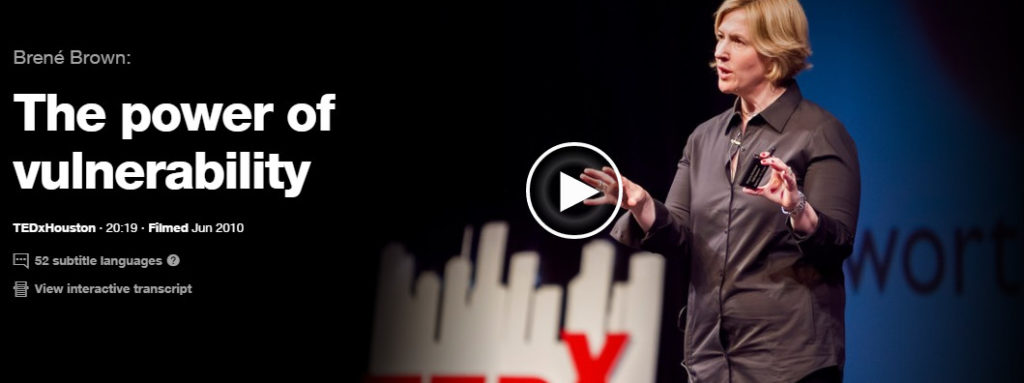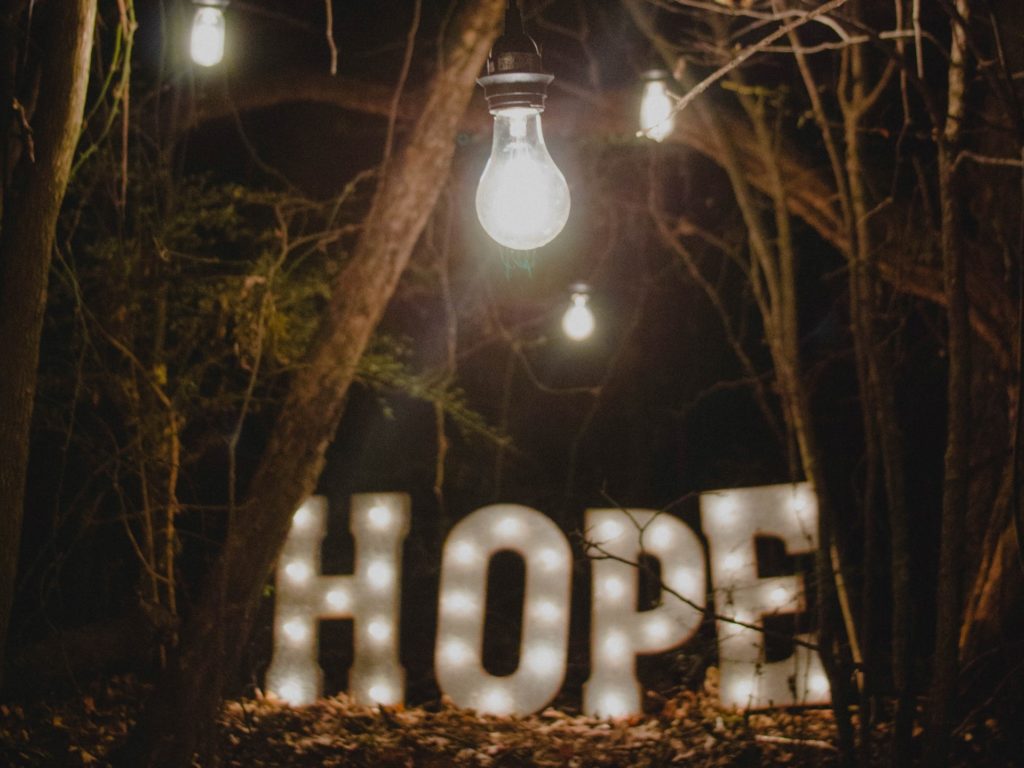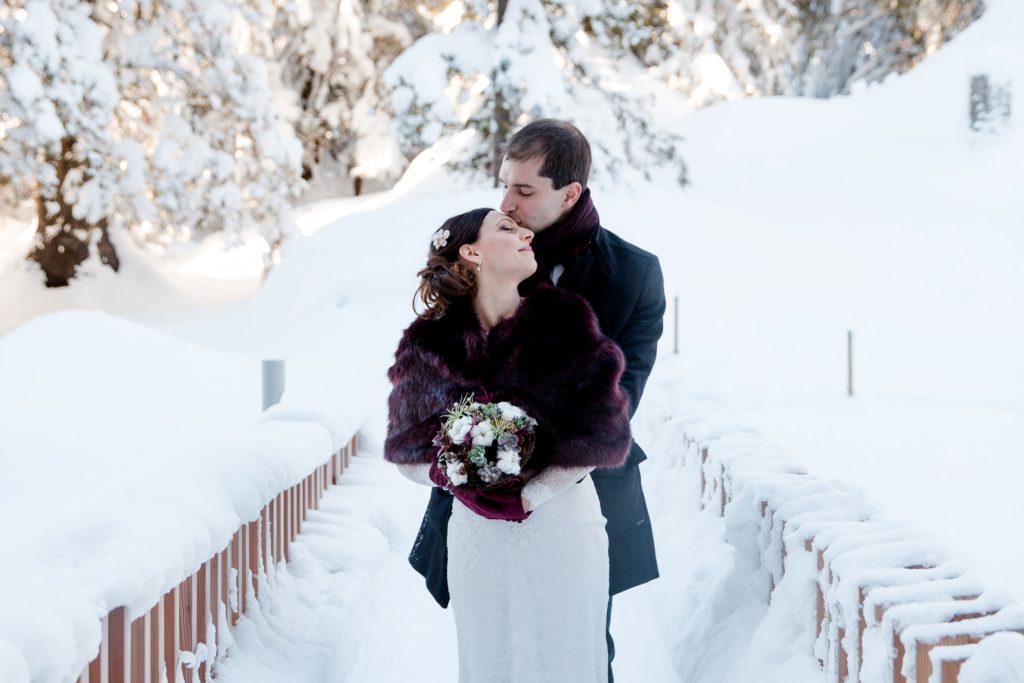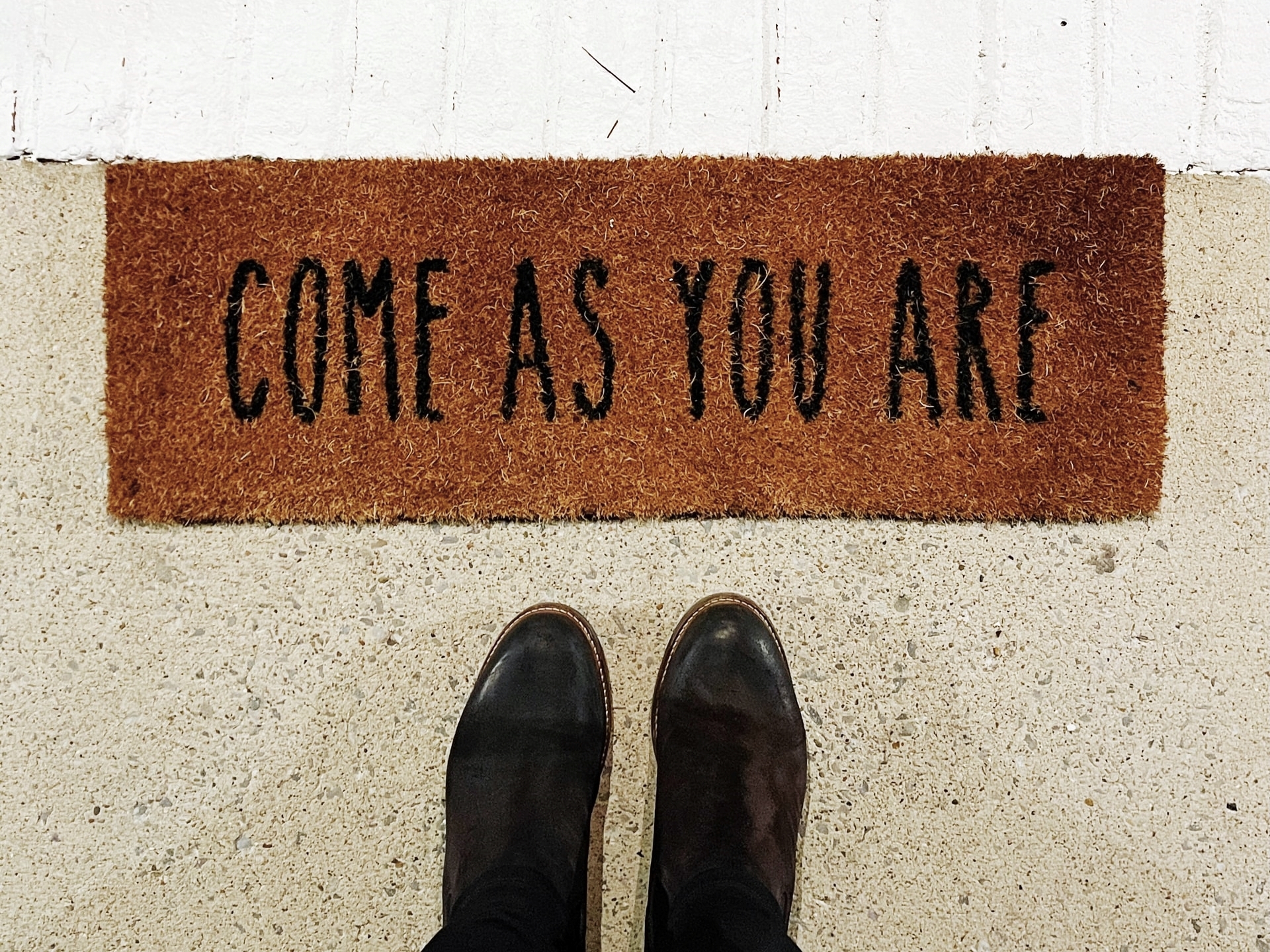
On being authentic: a curse or a gift?
Authenticity is something I have been pondering on for a while. Most of us would agree that being authentic is a quality. Who likes inauthentic people? But what is authenticity? Does that even exist? And is it valuable or a curse? Here are some thoughts…
The meaning of authenticity
Let’s first have a look at what ‘being authentic’ means. For instance, Wikipedia tells us: “In existentialism, authenticity is the degree to which a person’s actions are congruent with his or her values and desires, despite external pressures to social conformity.”
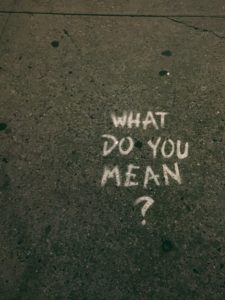
The New World Encyclopedia says “Authenticity is a philosophical concept that denotes the genuine, original, true state of human existence. The concept arises from the insights that human beings generally live or exist in an inauthentic way and that the genuine sense of self and its relationship with others (including God and/or other people) have been lost. The authentic life is often described as a life of freedom, joy, meaning, value, and happiness.” If you are curious about philosophy, this link will provide further thoughts.
Another perspective comes from the Stanford Encyclopedia of Philosophy, which asks the following: “What is it to be oneself, at one with oneself, or truly representing one’s self? […] On the one hand, being oneself is inescapable, since whenever one makes a choice or acts, it is oneself who is doing these things. But on the other hand, we are sometimes inclined to say that some of the thoughts, decisions, and actions that we undertake are not really one’s own and are therefore not genuinely expressive of who one is. Here, the issue is no longer of metaphysical nature, but rather about moral-psychology, identity, and responsibility. When used in this latter sense, the characterization describes a person who acts in accordance with desires, motives, ideals, or beliefs that are not only hers (as opposed to someone else’s), but that also express who she really is.”
Who are you really?
These definitions tell us that being authentic is about behaving in alignment with personal values and desires. It requires a certain level of self-knowledge. What are your personal values? What do you truly desire? Are those values and desires truly yours, or shaped by external forces (society, your parents, your social network)? There are exercises that can help you sort out your values and why you have them, I give a brief example in another post. As we heal traumas, learn to be more attuned to our intuition, discover what puts us in a state of flow and feeds our sense of meaning, it becomes clearer which desires truly and authentically belong to us, and which do not. It is a fascinating and freeing journey.
Authenticity in a social vacuum?

Speaking of freeing, authenticity is also associated with the notion of freedom: from social pressures and expectations, to be one’s self despite everything and everyone. But the question is whether we are ever truly free from the social world we grow and are immersed in. Our biology, culture, environment, education, ou heritage, experiences, all influence who we become, our view of the world, personality, thoughts, and beliefs. While I said earlier that we can uncover what truly belongs to us, our authentic self, we also need to embrace the fact that it is influenced to a certain level by all these other factors no matter what. We can liberate ourselves from some social injunctions to a certain degree, just not all of them and that’s OK. A funny (and thought-provoking) movie will give you an example of why sometimes being inauthentic is socially desirable: “The Invention of Lying“.
The social curse of authenticity
Why does being authentic matter at all? Reading the above may give the impression it can be quite a lot of work to sort out who our authentic self is, and how to express it. Moreover, one can be tempted to think authenticity is not always a good idea. After all, being authentic requires us to be honest with ourselves and with other people, which can open up uncomfortable conflicts and situations. And there comes the risk of being disliked. We all know we can’t be liked by everyone, but it’s another thing to actually accept it and knowingly act in ways that will jeopardize our likability. There can also be a sense of being too vulnerable by expressing that true and authentic self, and we’ll get back to this point later.
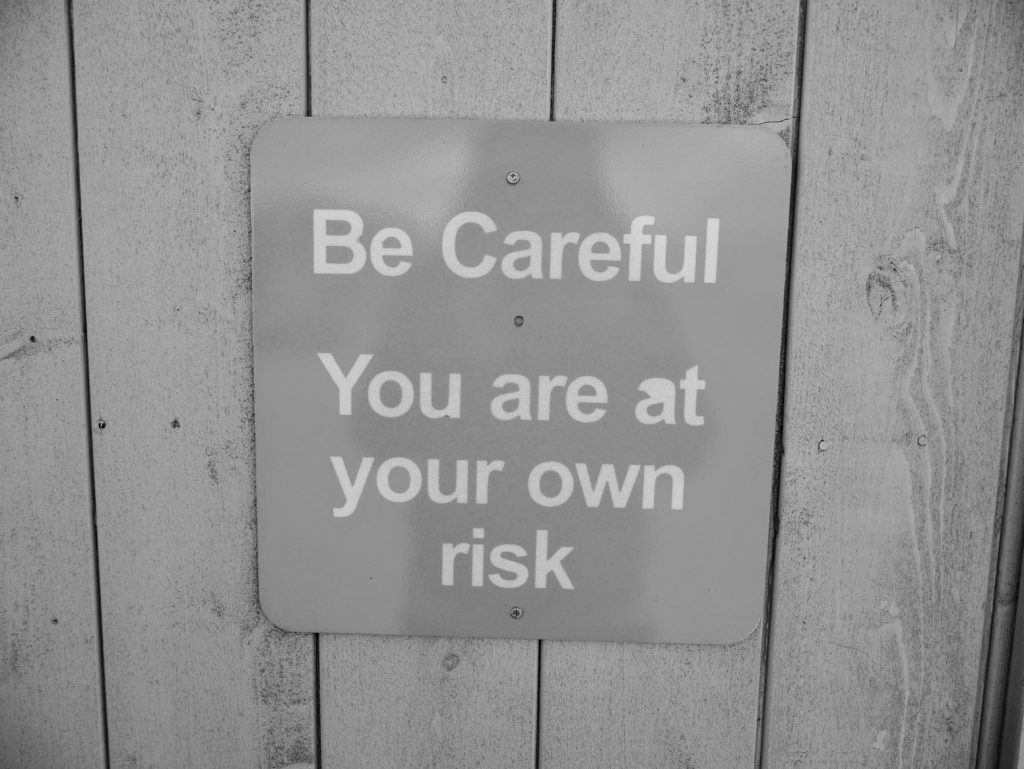
Being authentic can (and should!?) be done with respect, kindness, empathy – basically with integrity. But it can’t be done without consequences. It filters the people in our lives. Some will not like it and may walk away, and some will appreciate it. I have personally lost or excluded friends and family members the more aligned I became with my authentic self. When I stopped conforming to their expectations and accepting uncomfortable situations just for the sake of being loved (by the way, that’s not love), and when I set healthy boundaries for myself, some of the closest people in my life became the farthest. Grief followed for a period of time. Sometimes the right thing to do is the painful thing to do. And then, when something ends, something new can begin.
The career curse of authenticity

Authenticity in the corporate world can also be a challenge. It certainly depends on the companies and culture, but in 20 years of experience in various companies, I noticed some things give you more chances to a career than authenticity. Being politically correct, and making ‘friends’ with the higher-up people who have power over your career tend to be more appreciated than authenticity. I would argue that your hierarchical level and your gender will also affect your ‘right to be authentic’ in the workplace, a debate for another time. Standing up for my needs and boundaries, inquiring views and decisions from the management, voicing concerns and ideas, and treating all coworkers equally (regardless of hierarchy) have surely affected my career perspectives. But I have come to terms with finding being authentic more valuable and pleasant than faking for the sake of climbing the ladder. And maybe it’s like all things in life, it requires a healthy balance, something we are more willing to make the effort for when that effort seems worth it. When we are a growing number of people unwilling to compromise our authentic selves, that’s when we start moving the line.
The gift of being authentic
Maybe it’s still not clear why being authentic is a desirable state when we risk losing people and our career, or feel endangered by being vulnerable. Yet, research shows that authenticity is an important ingredient for finding meaning in life, and meaning in work (see the links for the posts I wrote on this). Moreover, the famous researcher, Brené Brown, studied the power of vulnerability and shared her insights in a TED talk, which has gone viral for more than 10 years, it’s a must-watch! Here are some extracts:
“There was only one variable that separated the people who have a strong sense of love and belonging and the people who really struggle for it. And that was, the people who have a strong sense of love and belonging believe they’re worthy of love and belonging. That’s it. They believe they’re worthy. And to me, the hard part of the one thing that keeps us out of connection is our fear that we’re not worthy of connection. […] What they had in common was a sense of courage. And I want to separate courage and bravery for you for a minute. Courage, the original definition of courage, when it first came into the English language — it’s from the Latin word “cor,” meaning “heart” — and the original definition was to tell the story of who you are with your whole heart. And so these folks had, very simply, the courage to be imperfect. They had the compassion to be kind to themselves first and then to others, because, as it turns out, we can’t practice compassion with other people if we can’t treat ourselves kindly. And the last was they had connection, and — this was the hard part — as a result of authenticity, they were willing to let go of who they thought they should be in order to be who they were, which you have to absolutely do that for connection. […]
The other thing that they had in common was this: They fully embraced vulnerability. They believed that what made them vulnerable made them beautiful. They didn’t talk about vulnerability being comfortable, nor did they really talk about it being excruciating — as I had heard it earlier in the shame interviewing. They just talked about it being necessary. They talked about the willingness to say, “I love you” first … the willingness to do something where there are no guarantees […] Vulnerability is the core of shame and fear and our struggle for worthiness, but it appears that it’s also the birthplace of joy, of creativity, of belonging, of love.”
Brené Brown, The power of vulnerability (TED Talk June 2010)
As per Brown’s findings, being authentic and vulnerable gives us access to love, joy, true and deep relationships, and discovering our sense of purpose. Maybe, climbing a corporate ladder where we are not welcome to be our true self is not worth it, and allows us to re-think our career or company choices, and find a better match. The same can be said with any sort of relationship, if we have to compromise who we truly are, and what we deeply care about, then maybe this relationship needs to be re-evaluated and redefined. I have often taken those risks, and as result gained much more authentic, loving, and deep connections with other people. That is truly worth it. That makes life feel worthy. And the great news is that being authentic may not be easy and comfortable at first, but like all things, the more we practice it, the more naturally it comes.
How authentic do you allow yourself to be?
References
- Brené Brown “The power of vulnerability” – TED Talk (June 2010)
- Movie The Invention of Lying (2009)
- New World Encyclopedia – Authenticity definition
- Stanford Encyclopedia of Philosophy – Authenticity definition
- Wikipedia – Authenticity (philosophy) definition
- “What is a Flow State?” Kendra Cherry (January 27, 2022)


